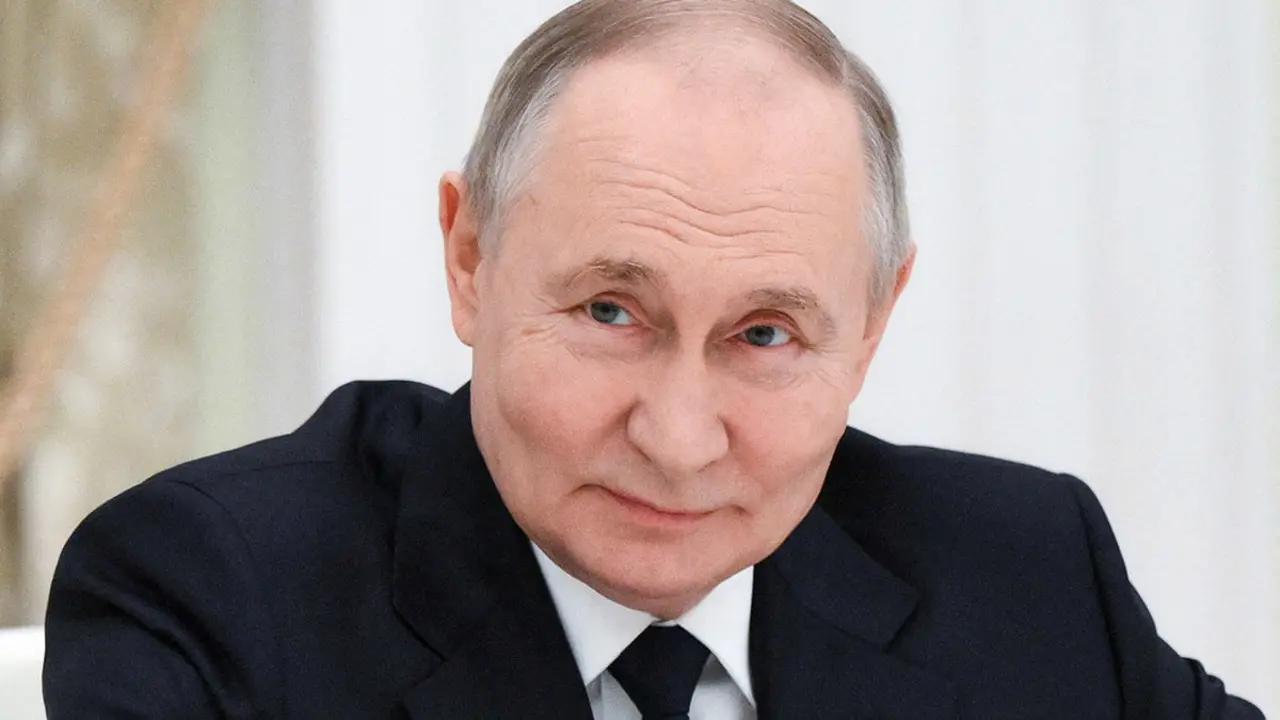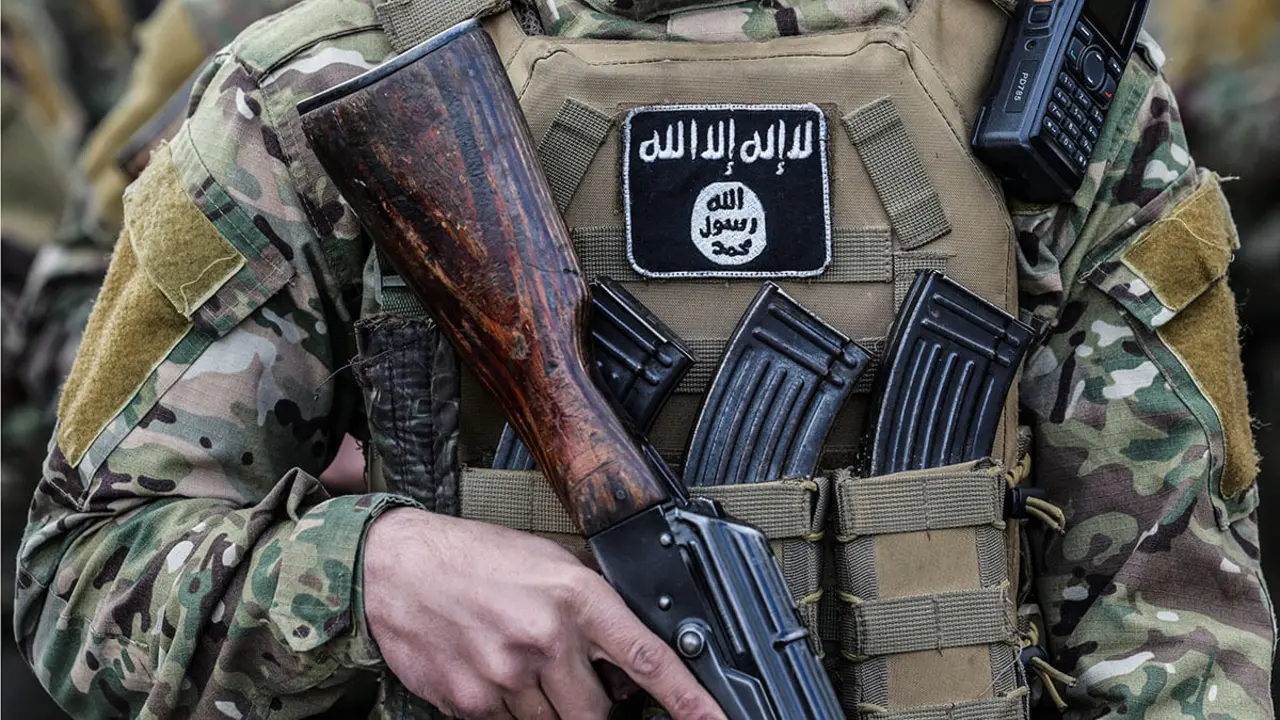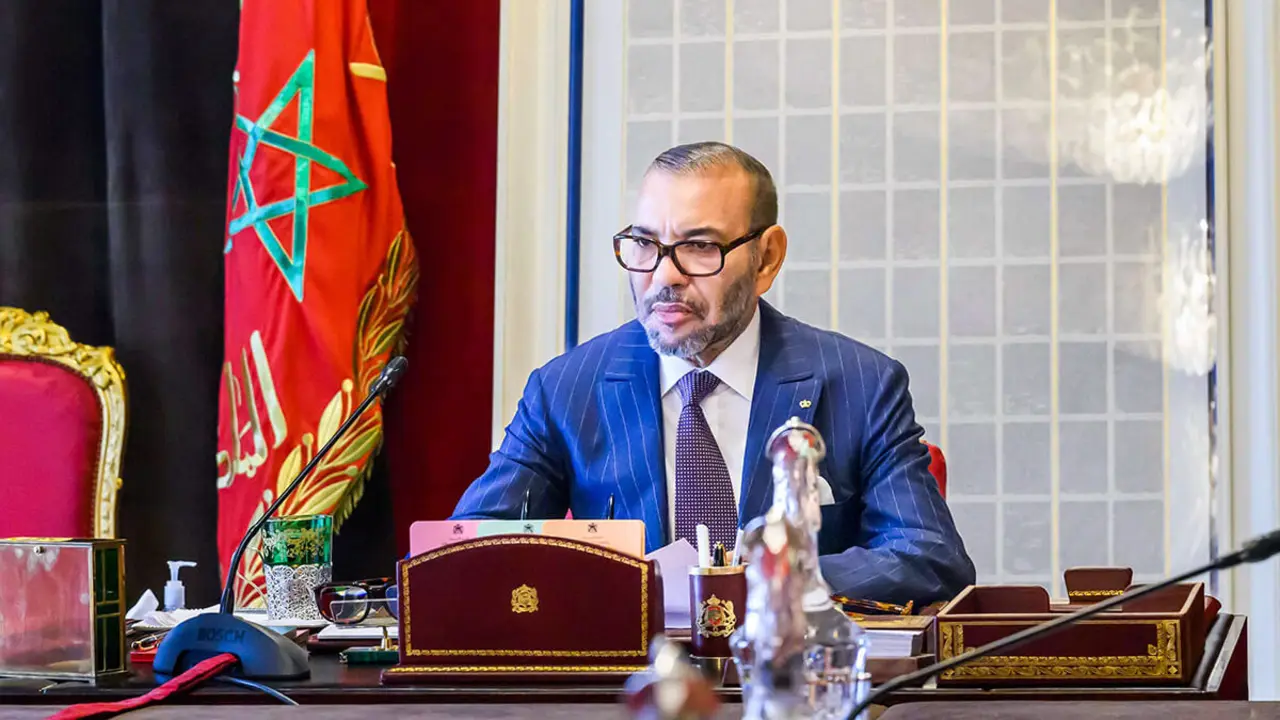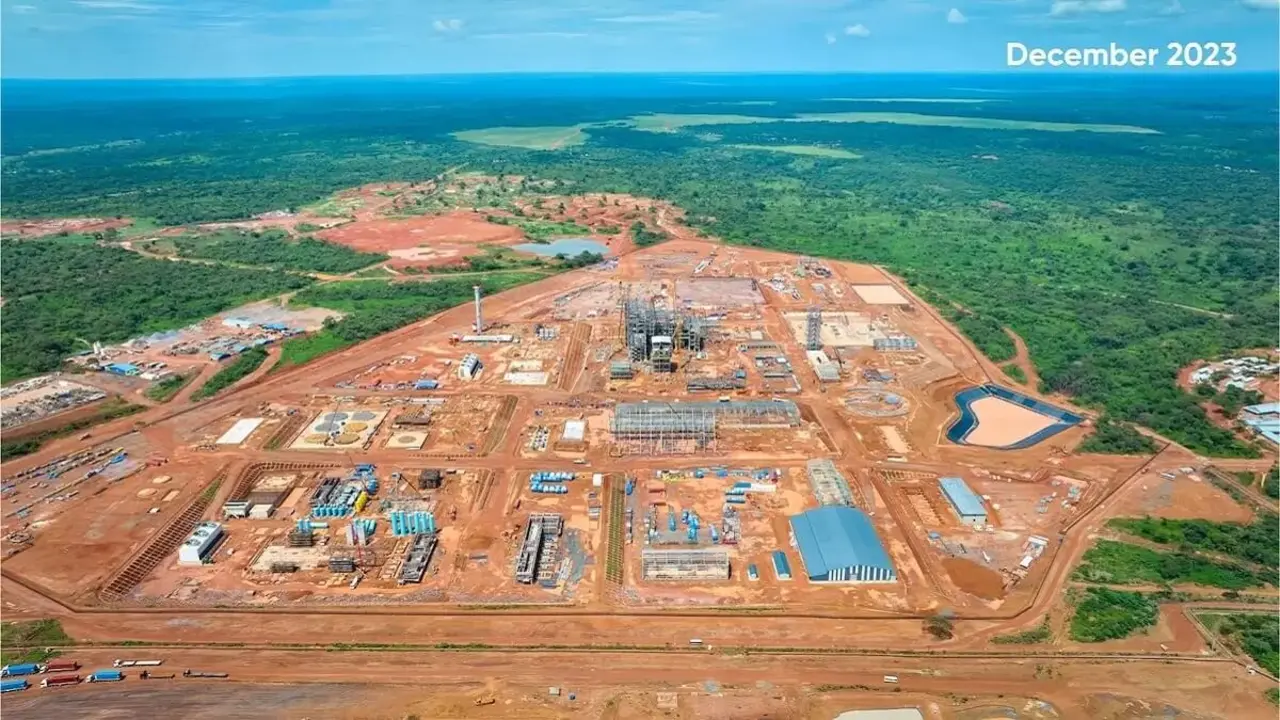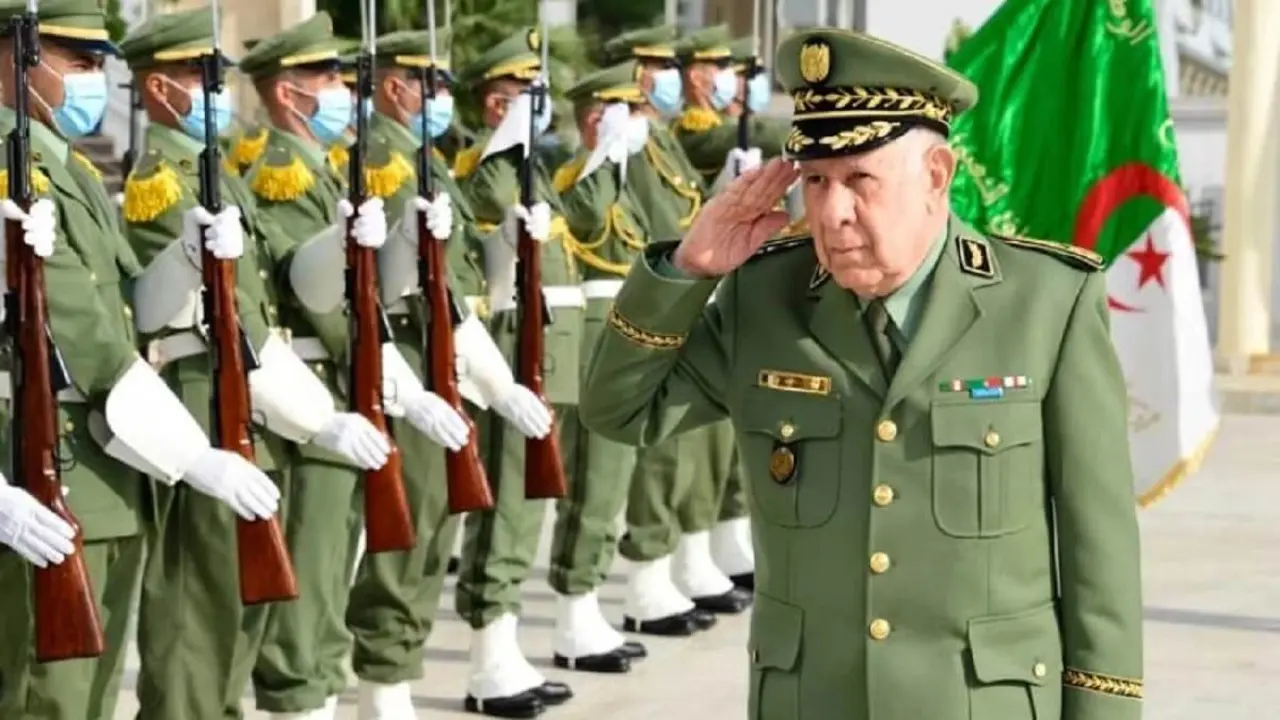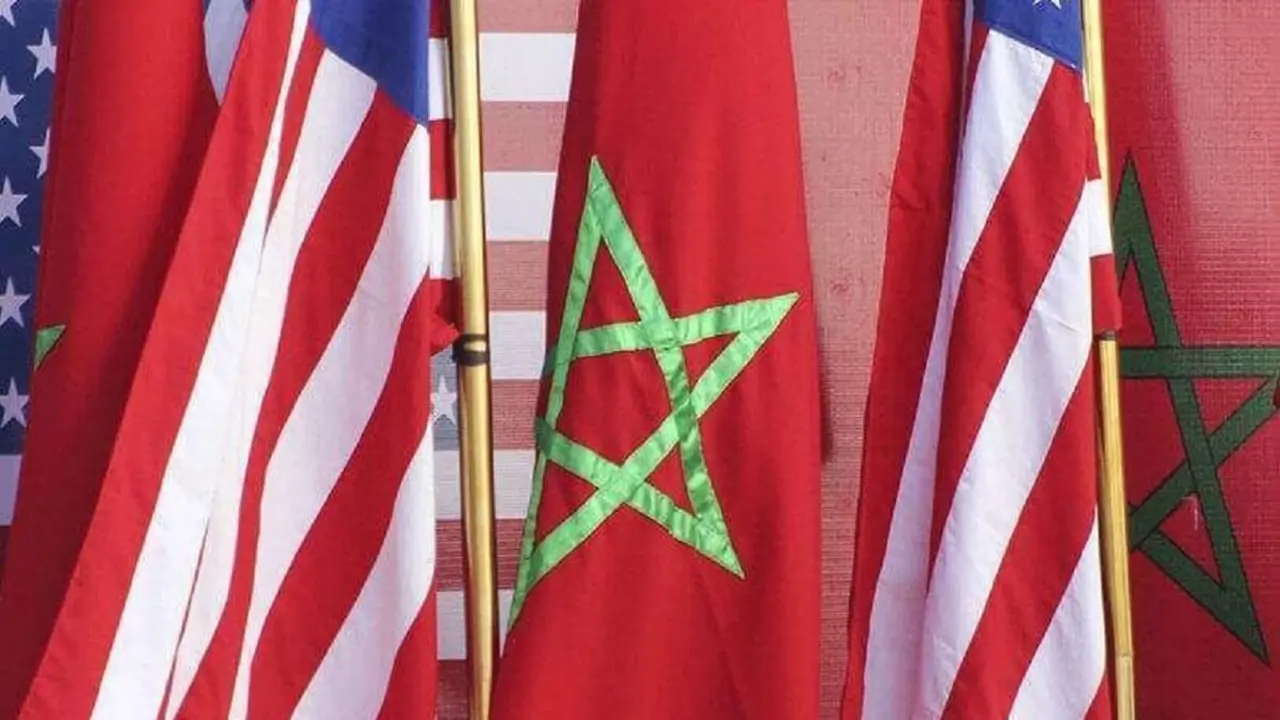G20 focuses Riyadh virtual summit on economic recovery
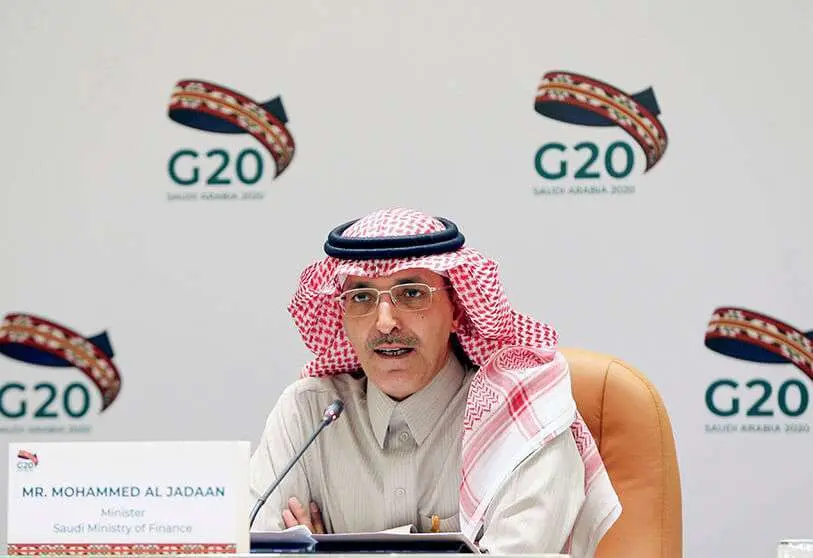
The leaders of the Group of 20 countries began their annual two-day summit yesterday, which is being held telematically because of the coronavirus pandemic, with the aim of agreeing on measures to put economic recovery back on track and with the promise that this will be fair and sustainable.
"We have the duty to face the challenge together during this summit and to give a strong message of hope and tranquillity by adopting measures to mitigate this crisis," said King Salman bin Abdulaziz of Saudi Arabia, the country organising the event when it held the rotating presidency of the group, from Riyadh.
During the two days of the event, the member countries of the Group of 20 are discussing measures with the aim of promoting an economic recovery, which both the Saudi rotating presidency and several of the participating countries have proposed to be "inclusive and sustainable".
One of the main topics of the meeting, as it was at the extraordinary summit of G20 leaders in March, is how to make the vaccine against COVID-19 accessible to the least developed countries.
"We must work to create the conditions for affordable and equitable access for all," Salman said, adding that at the same time we must begin to develop strategies to be prepared "for future pandemics.

Saudi Arabia's investment minister, Khalid al-Falih, stated at an event prior to the start of the summit that the suspension of debt to the least developed countries agreed by the G20 has so far reached $40 billion and has benefited 73 countries.
However, both the UN and the European Union stated before the summit that the debt suspension, which for the time being extends to mid-2021, was not sufficient and announced that they would ask the G20 for more resources to finance access to vaccines for these nations.
The Spanish prime minister, Pedro Sánchez, who is attending the summit as a guest, has also joined in this demand and will ask the G20 leaders for universal access to coronavirus vaccines, according to the Moncloa.
The prologue to the summit has also been marked by calls for greater international cooperation and a return to multilateralism after the US President, Donald Trump, broke the consensus last year by refusing to accept the Paris Pact against climate change.
The imminent changeover at the White House following the victory of the Democrat Joe Bien in the past elections has aroused expectations in this respect and, although this will be the summit of Trump's farewell, some members of the group have already appreciated the American's less confrontational stance.
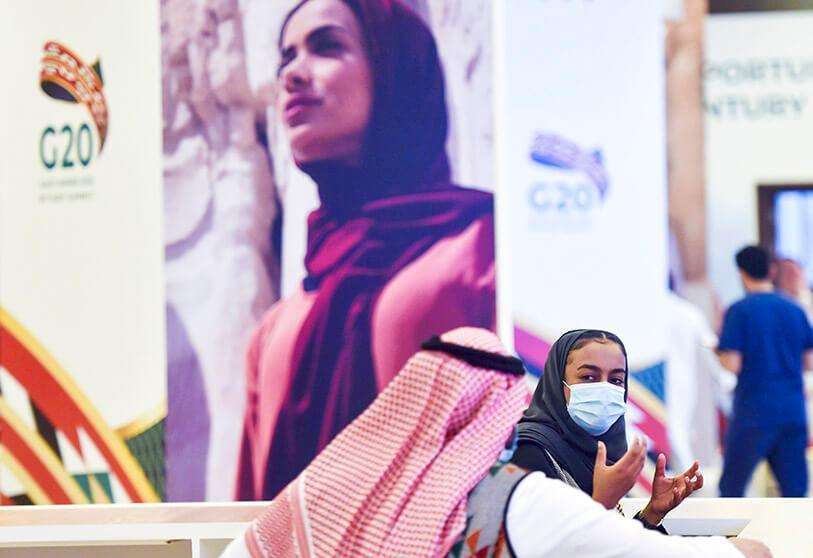
"Only by joining forces and working together can we defeat the coronavirus and emerge stronger from this crisis," British Prime Minister Boris Johnson said in a recorded message.
Similarly, the Brazilian President, Jair Bolsonaro, called for "cooperation within the G20", assuring that it is key to overcoming the covid-19 pandemic and returning to the path of social and economic recovery".
The South American leader, however, once again brought the health and economic risks of the coronavirus into line and called for "working towards economic growth, freedom for the people and prosperity for the world".
Although the top priority for the G20 this year remains the fight against COVID-19, several of the participants recalled the importance of the fight against climate change by endorsing the objective set by the Saudi presidency to seek a "sustainable" recovery.
"We need to create the conditions for a more sustainable economy," said King Salman in his inaugural message.
The health and economic crisis has overshadowed some of the issues that the Saudi presidency had chosen for this year's G20 agenda.
Among other points, he had proposed focusing his presidency on technological innovation, protecting the planet and creating opportunities, particularly for young people and women, despite the fact that the Arab country is holding a number of women's rights activists in prison, as several NGOs have reminded him.
The G20 comprises Argentina, Australia, Brazil, Canada, China, France, Germany, India, Indonesia, Italy, Japan, Mexico, Russia, Saudi Arabia, South Africa, Turkey, South Korea, the United Kingdom and the United States.
In addition to Spain, the permanent guest country, Switzerland, Jordan and Singapore have also been invited to participate this year.
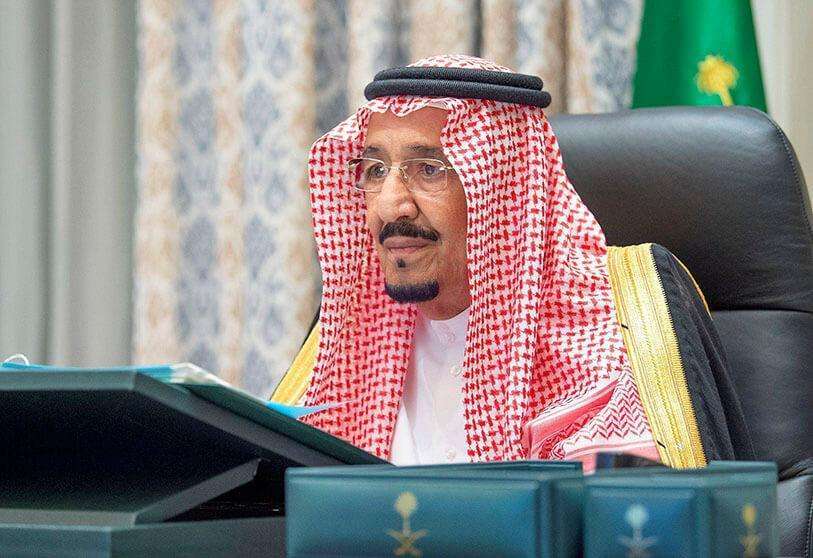
The King of Saudi Arabia, Salman bin Abdelaziz, today called on the G20 rotating presidency to commit these countries to a circular carbon economy as the main driver of economic recovery from the crisis caused by the pandemic.
"Countries will be able to adopt technologies that are compatible with the energy transition in accordance with the pillars of the circular carbon economy programme, which are to reduce emissions, reuse, recycle and eliminate," the monarch said in a debate on safeguarding the planet held as part of the G20 summit this weekend.
King Salman said Riyadh had officially launched the national circular carbon economy programme on Sunday and called on other countries to "work with us to achieve the objectives of this programme while continuing to develop the economy".
He said Saudi Arabia has a number of initiatives to reduce carbon emissions and transform energy sources into renewables. In this regard, he predicted that by 2030 50% of electricity will come from solar and wind energy in Saudi Arabia.
In addition, he said that "the largest green hydrogen field" in the world is currently being developed as part of the NEOM mega-project, an ultra-technological and modern city that Saudi Arabia is building in the desert in the north of the kingdom, near the border with Jordan and off the Egyptian coast.
The G20 countries are promoting sustainable energy as a future and a pillar of economic recovery after the serious crisis caused by the COVID-19.

